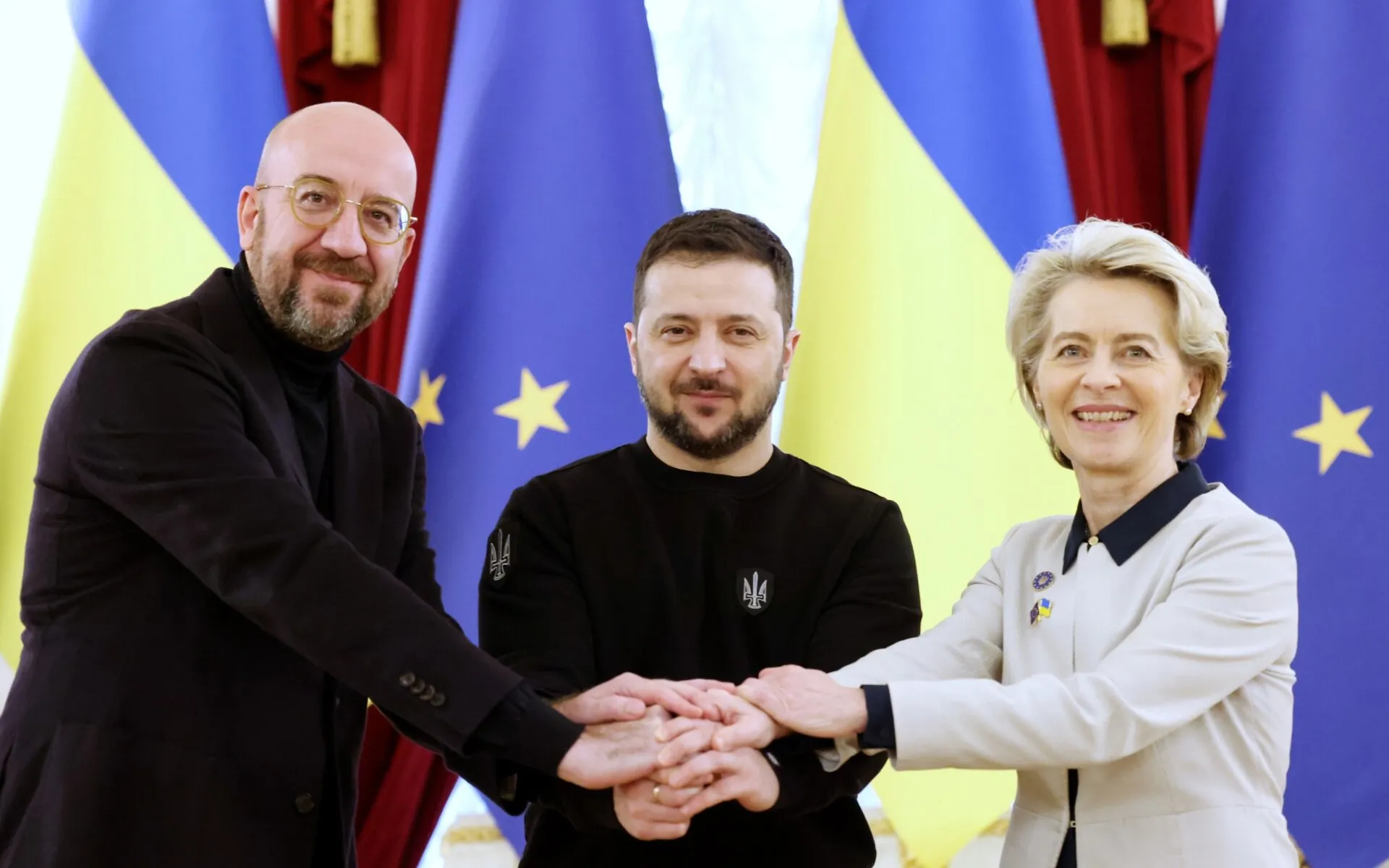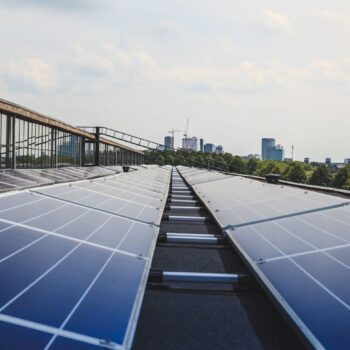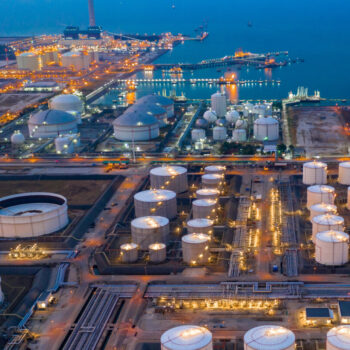Russia’s war against Ukraine has propelled the question of gas from the centre of Europe’s climate and energy politics to the centre of security politics. It revealed how fossil fuels made Europe vulnerable. The European Union was able to react quickly and decisively to tackle these systemic challenges, and the European Green Deal became a key pillar of the security response. But what is now needed is resetting the European economic system.
Lesson 1. The European Green Deal was a key pillar of the security response
If Russia assumed that Europe would crumble under the pressure of its weaponisation of energy supply, it was proven wrong. There often was disagreement over specifics, but Europe’s response to the war in Ukraine rallied the bloc behind shared broad strokes: ramping up energy efficiency and clean energy production, securing liquified natural gas for immediate security of supply and cushioning consumer impacts.
The European Green Deal became a key pillar of the security response, as the green transition was already well underway in Europe. Lawmakers were already discussing energy efficiency and renewables that were proposed well before the war started and now had all the reason to turbocharge it.
Lesson 2. Phasing down gas has become a security objective
These measures under the European Green Deal framework would reduce gas consumption by a third over this decade. Additional crisis response measures as outlined by the REPowerEU initiative could increase this to halving gas use by 2030 – more than Russia’s share of European gas supply.
As a result, the question of phasing down gas use has now been elevated from an implicit climate goal to an explicit security objective of the bloc. However, to achieve the gas-phasedown security objective, resetting the European economic system becomes necessary.
Lesson 3. Resetting Europe’s economic system is necessary and possible
The energy we consume has crucial implications for the entire European economy: the gas prices surge impacted electricity, food, and fertilisers, while triggering inflation across Europe, and concerns about the collapse of supply chains. Setting the European economy on a footing that eliminates energy waste and scales both large and small renewables and storage will make it more resilient.
Luckily, many of the technologies are here, and they have become European growth markets. European heat pump markets and solar deployment are skyrocketing. Green hydrogen and new high-temperature heat pumps can support the transformation of industry.
Lesson 4. Europe’s independence from Russian gas requires large-scale investment in clean energy
To remove European dependence on Russian gas as fast as possible and strengthen Europe’s hand in the war in Ukraine, large-scale investment in clean energy is needed. As the time of cheap money and low-interest rates has come to an end, this requires resources to be prioritised as much as possible towards high-impact green solutions.
Support for energy bills has cost EU governments an estimated €768 billion in Europe over the past 18 months or 4% of GDP. These resources now need to be transitioned to become productive investments with the same protective effect for Europeans: lowering energy bills through greater insulation or access to renewable electricity.
While short-term additional infrastructure to import gas may be required, there is no reason to bind valuable public and private investment in energy infrastructure of which the gas or hydrogen future is highly uncertain. Instead, an urgent, no-regret focus on clean energy investments would both be cheaper and more sustainable in the long run: increasing renewable energy in Europe to a share of 45% could alone save €200 bn by 2030, adding up to the €94 bn of savings of an energy efficiency target of 14.5%.
Lesson 5. Europe’s long-term security and economic prosperity depend on more than emergency responses
At this point, the EU needs to shift from an emergency response to a long-term approach to achieve its economic and energy security objectives. A roadmap to phase out fossil fuels should be part of it. It is undoubtedly the right thing to do for the climate. It is also a key to energy security and economic prosperity.


